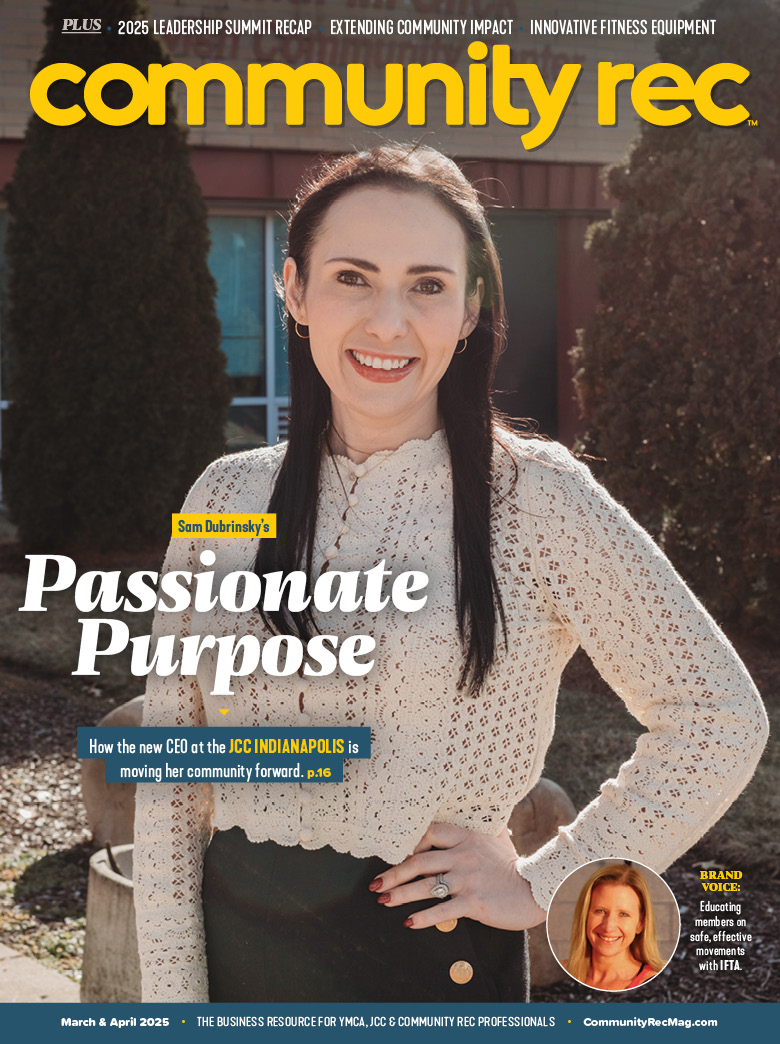No matter how we try, we can’t please everyone — every facility has gotten at least one negative comment at some point, online or in person.
“Negative feedback is a given — no organization or person will operate without receiving criticism or negative comments,” said Beth Casper, the marketing and communications manager at the Eugene Family YMCA in Eugene, Oregon. “It is important to understand that feedback — even negative feedback — helps us grow as an organization and helps us understand how we best serve our community’s needs.”
In today’s digital landscape, an unsatisfied customer is almost guaranteed to voice his or her displeasure on the internet. Monitoring your facility’s social media platforms and reviews on popular search engines like Google, and knowing how to quickly and appropriately respond to negative comments is essential.
“Our goal is a timely, kind response to negative online feedback,” said Casper. “We thank commenters for their feedback, attempt to correct any factual errors if they exist, and offer an opportunity for a more meaningful dialogue with a program director or the CEO as appropriate. We also offer a phone number for a personal conversation.”
According to Casper, openness about negative reviews can still help build a positive online presence — but unwarranted negativity isn’t tolerated. “In an effort to remain transparent and honest, we do not delete comments unless they include profanity, or are threatening or discriminatory toward our members or staff,” she explained. “However, repeated negative attacks are considered trolling and are not given continued attention.”
Even with the unlimited access to information and ability to hide behind a keyboard provided by the internet, some members will still choose to approach your staff in-person with issues. These interactions must be handled correctly.
“It is important to us that members and program participants are heard and understood,” said Casper. “In-person negative feedback is a valuable opportunity to understand how our programs, services and staff are working within our community. Our staff is trained to listen to all feedback, seek to fully understand it by asking clarifying questions, and then offer a solution if one is available.”
It’s especially important to train your front desk staff to respond appropriately to negative feedback, as they are often on the front lines of all member feedback.
“Our welcome center staff is typically the first to hear in-person negative feedback,” explained Casper. “They are trained to actively listen, seek to understand the issue, and recognize when a manager or program director needs to be alerted, all while keeping the four core values — caring, honesty, respect and responsibility — in mind.”
Actively listening, seeking to understand the issue and resolving conflict are essential for both online and in-person interactions. And if you treat all feedback — even negative feedback — as an opportunity to identify a growth area, your facility will never stop improving.
“It is only by hearing what doesn’t work that we are able to change, grow and serve our community in the best possible way,” shared Casper. “This is not to say we can fix everything or be everything to everyone. But it is only by being open to feedback that we learn what works within our community.”










